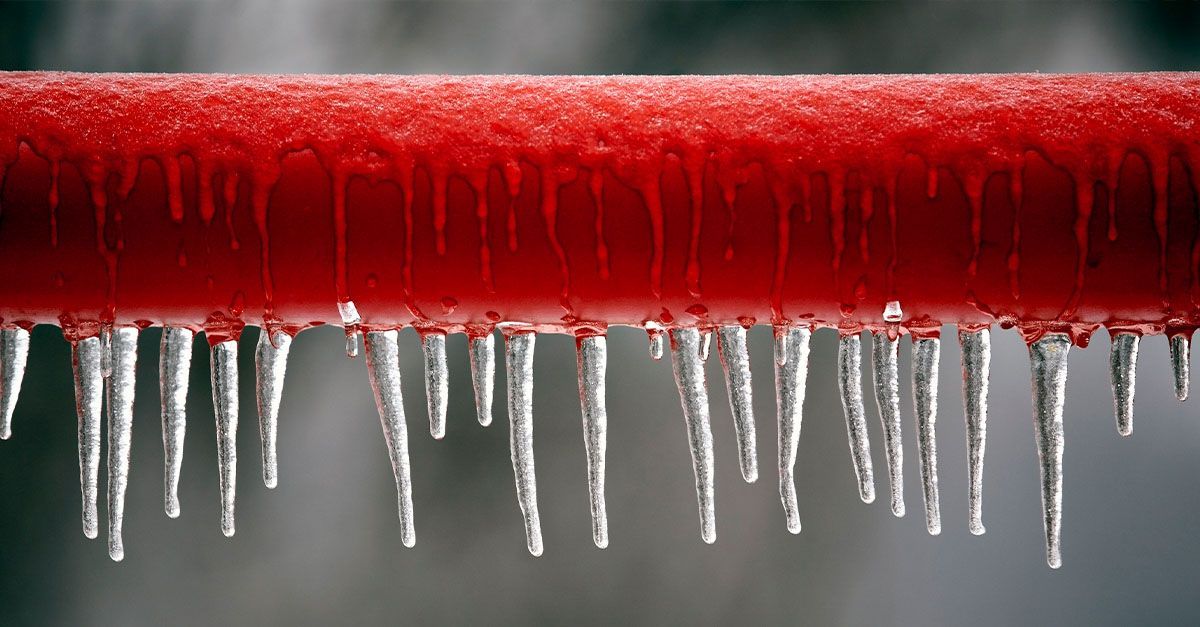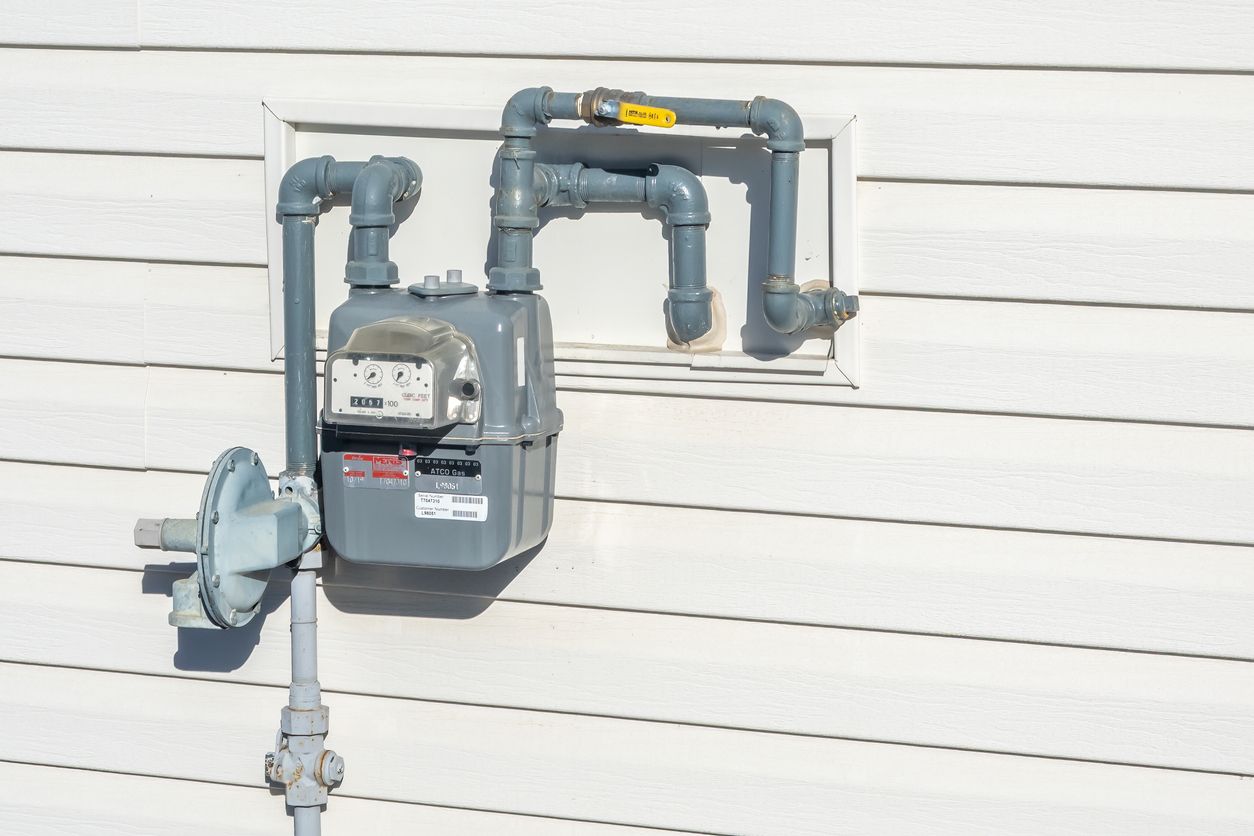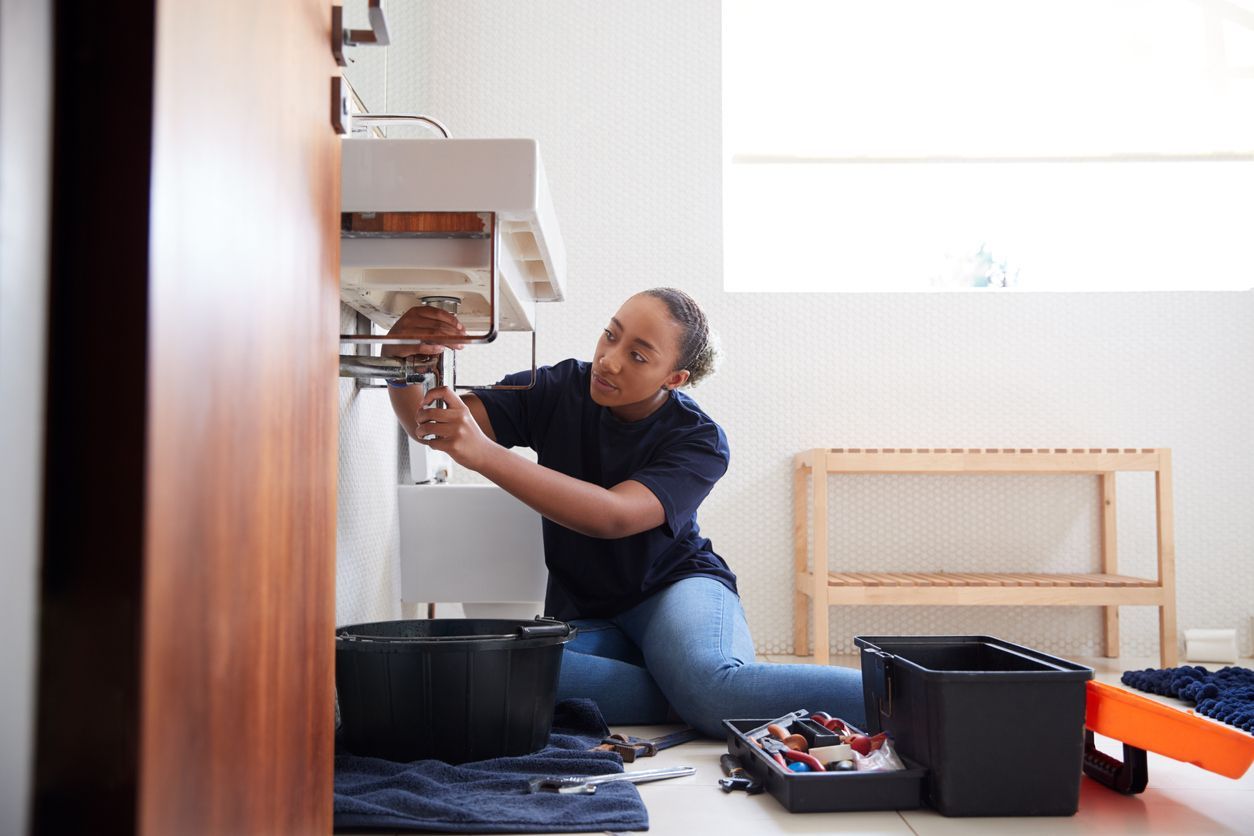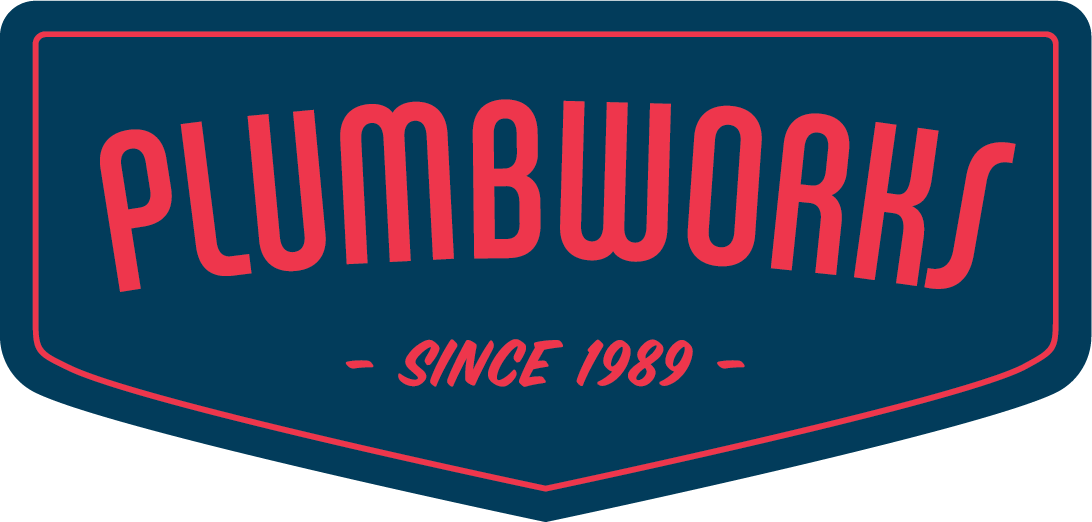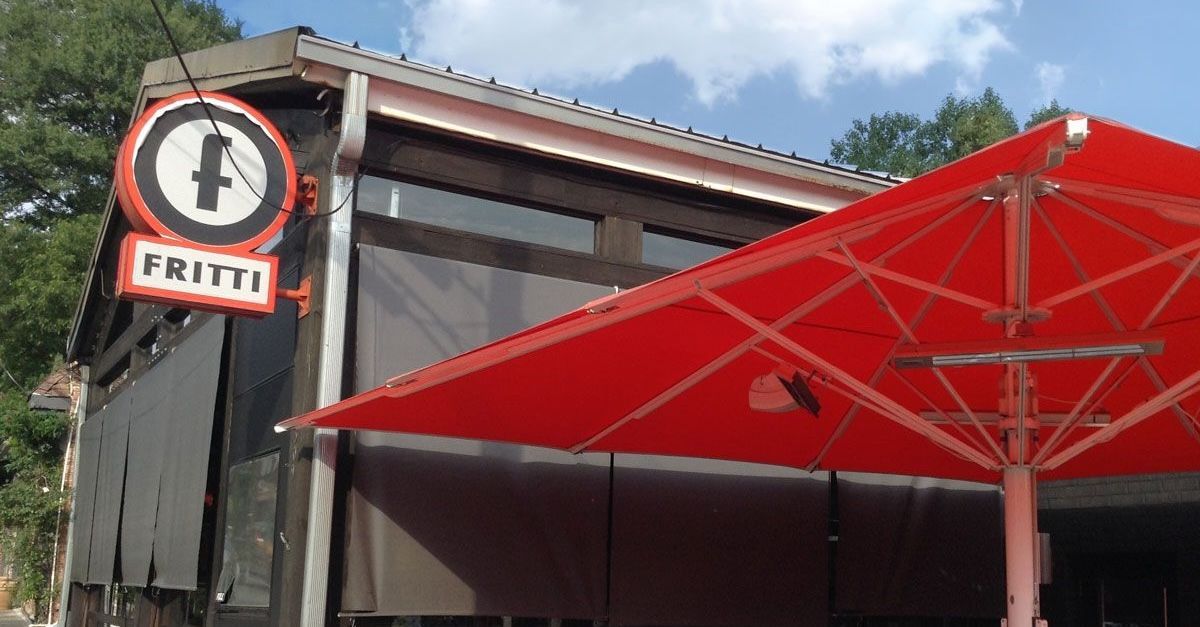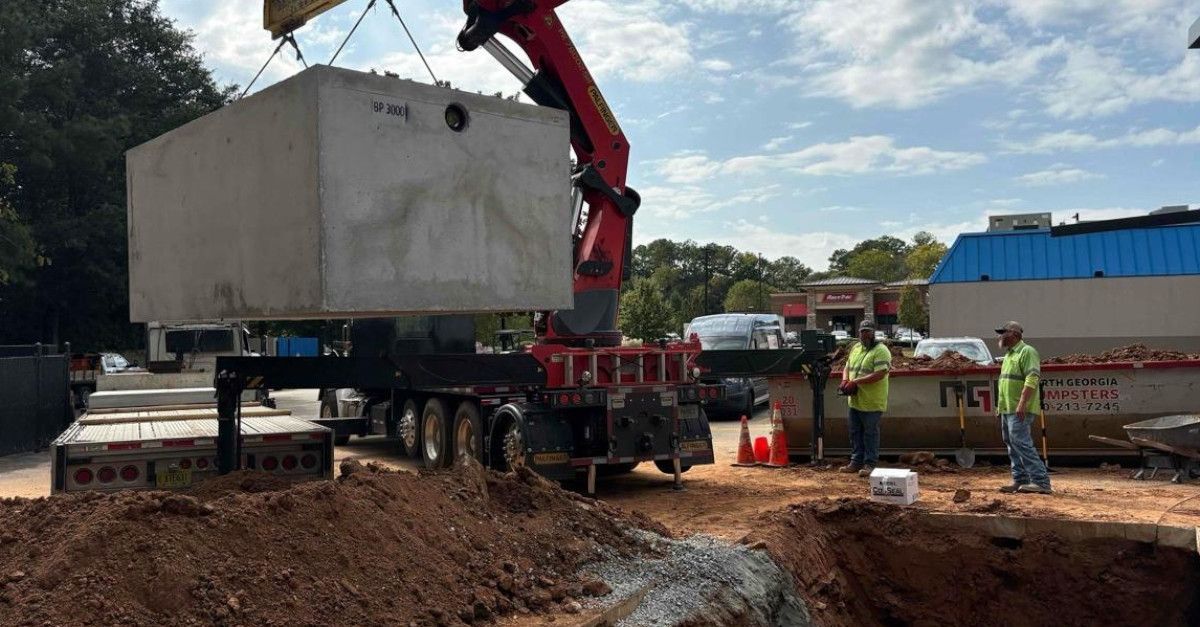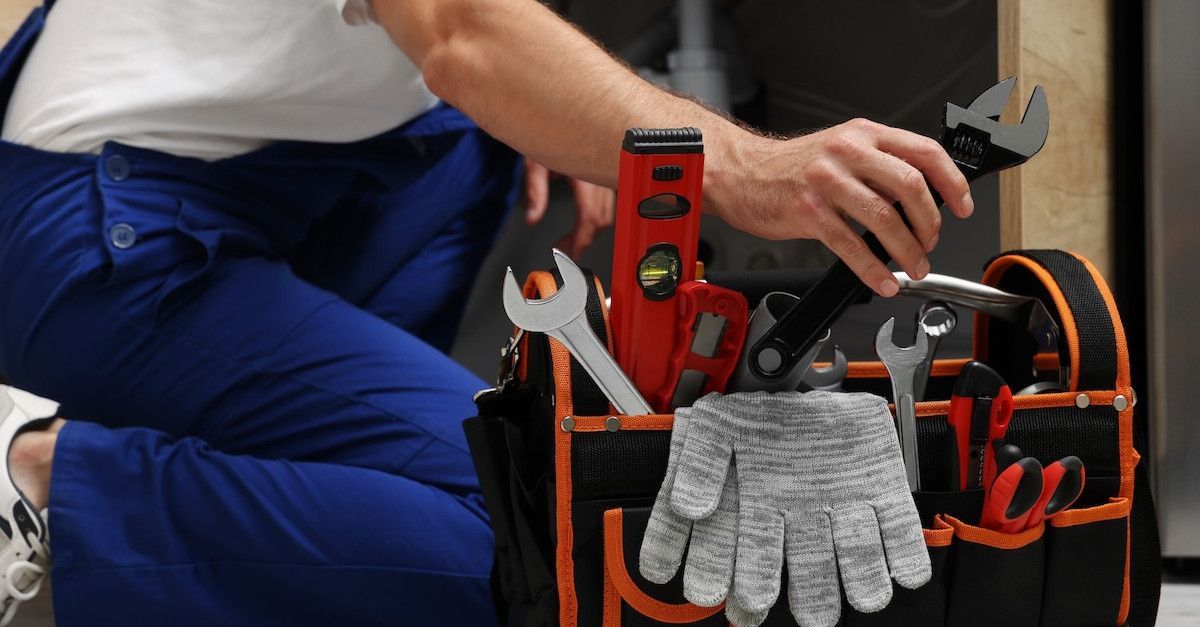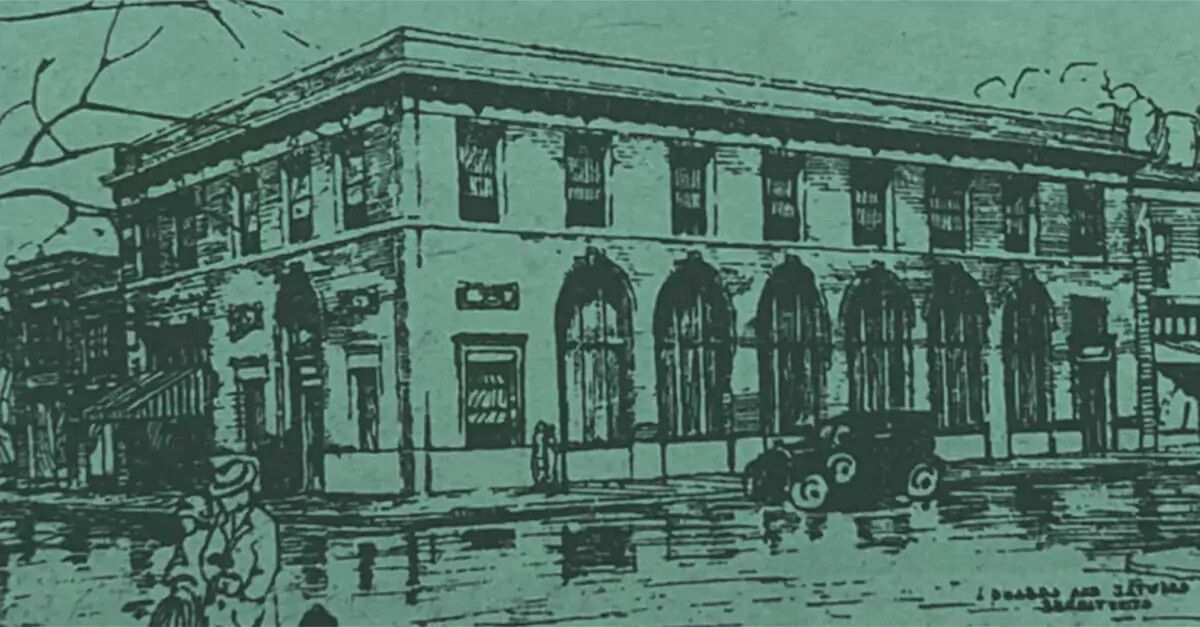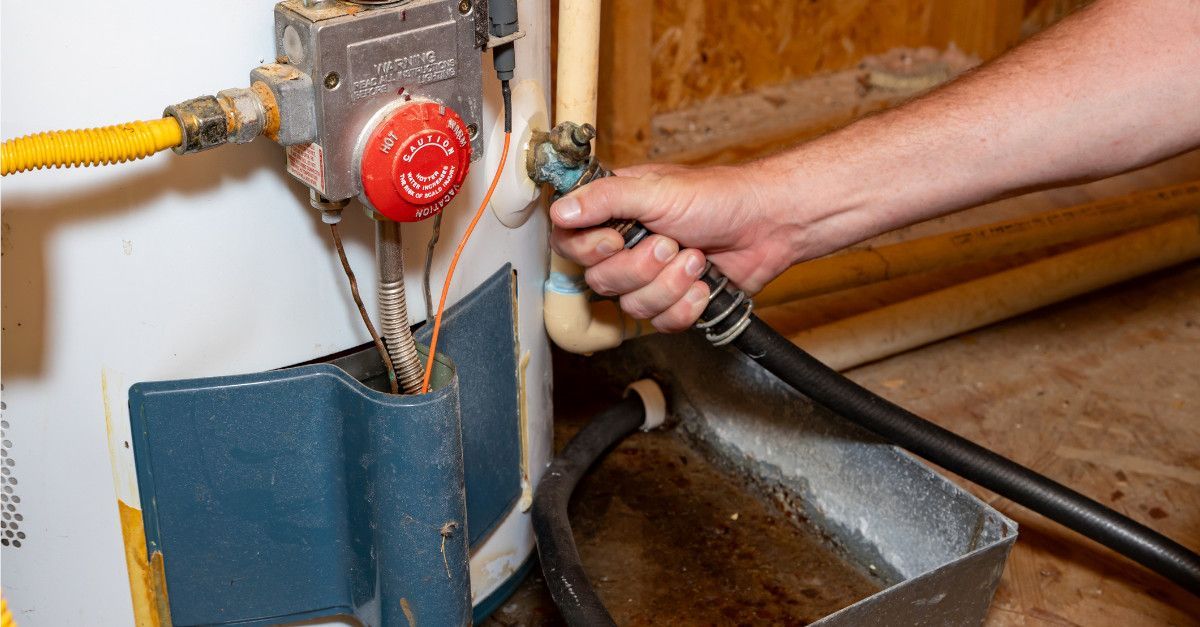11 Facts About Trenchless Plumbing Methods
Trenchless sewer line replacement and installations are benefiting home and business owners in a number of ways in both the short and long-term. Here, we’ll offer you 11 astonishing facts about trenchless plumbing methods and technologies that make them a solid investment.
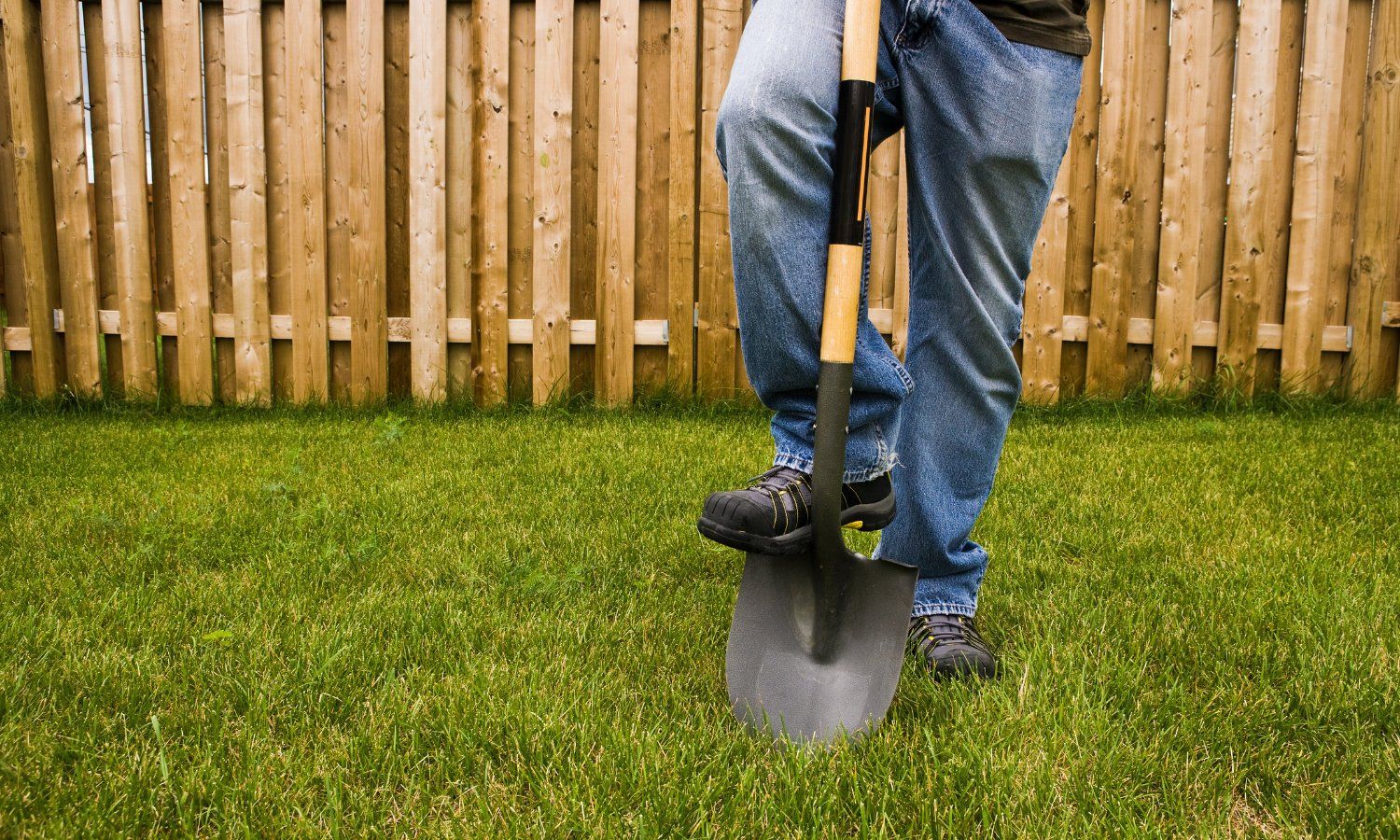
1. There’s Minimal Digging Involved
As the name suggests, trenchless sewer line replacement requires minimal digging. Because trenchless systems involve minimal ground disturbance, lawns, gardens, and even concrete can typically be preserved when making repairs. This allows homeowners and property managers to resume routine operations faster than with a traditional system.
2. The Process Doesn’t Require Replanting
Less digging equates to less disturbance or removal of trees, plants, and other landscaping. This means there’s no need to replant or reforest natural areas. Furthermore, less soil disturbance allows landscapes to retain normal draining and their underground biosphere components.
3. Going Trenchless Prevents Future Damage
Traditional repair techniques can actually expose pipes to future damage. Trenchless technology includes pipes with a resilient epoxy lining that helps prevent tree branch intrusions and other structural problems, so fewer repairs will be needed.
4. Save Money with Trenchless Sewer Line Replacement
With no need to dig up the landscaping and remove cement during installation, the job can be done by one or two technicians. Cleanup afterward is minimal, so the total cost of the service is actually less than traditional methods and systems.
5. Quicker Overall Installation
It’s not unusual for traditional sewer line repair jobs to take days if not several weeks. This could mean having no active utility services during that time, which can be a major inconvenience for both home and business owners. Trenchless sewer line replacement in Atlanta, GA can be completed far more quickly.
6. It Uses Seamless Pipe Technology
Older pipe systems are pieced together with connecting joints that make them more vulnerable to damage and leaks over time. However, the new technique uses seamless pipes, which reduces the chances of water or tree roots penetrating them. Again, this can equate to big savings in the future.
7. Trenchless Sewer Systems are More Versatile
Due to their design, trenchless systems are more versatile concerning placement, and this technology can be applied in areas that aren’t possible with standard sewer installations. This eases the replacement of aging pipes, removal of calcification, and getting around root intrusions. Anywhere a standard sewer line won't work, trenchless installations are often feasible.
8. It Makes It Easier to Pinpoint the Problem
When something goes amiss with plumbing, historically a lot of digging and searching to find the actual issue. However, with a trenchless sewer repair, the problem can be located much more precisely than with traditional methods. A camera can be lowered into the pipes, which simplifies the identification process, making finding problems faster and without excessive digging.
9. The Installation Process is Better for the Environment
The traditional manner of digging trenches can be harmful to the environment. When plants and trees are uprooted, loads of soil are dug up and can degrade its quality and destroy the internal environment. Worms, birds and a biosphere of animals and plants could be displaced, but trenchless technology minimizes any environmental repercussions.
10. You’ll Make Your Sewer Stronger
Not only does the use of seamless pipe technology coated with durable epoxy make sewer systems stronger, but it can also allow them to have a longer lifespan and less calcification buildup. Even aging pipes will be less likely to rupture or experience penetrations after being treated with this hardened resin.

